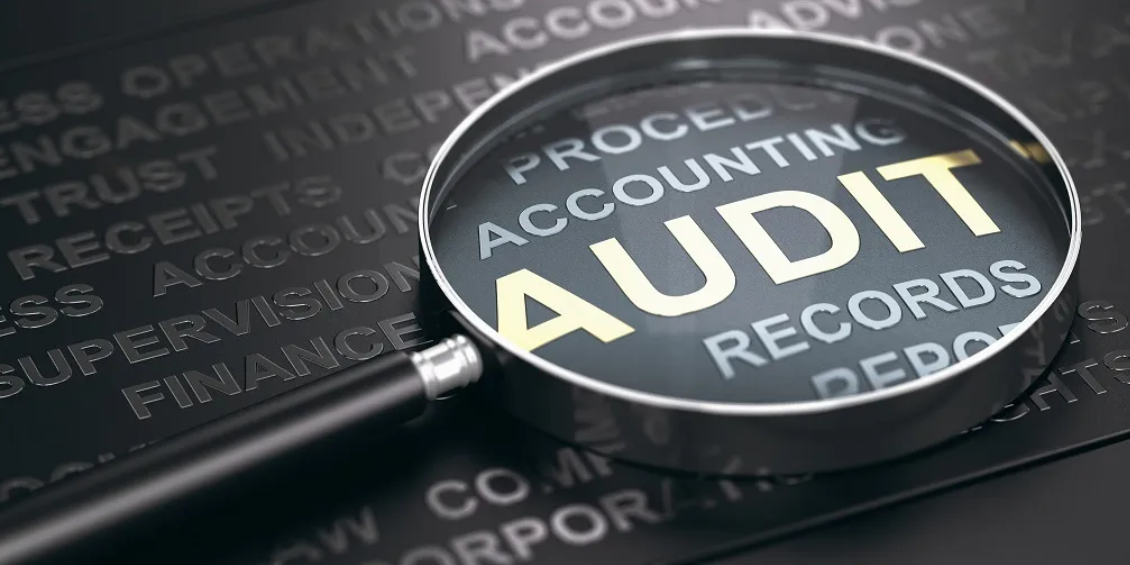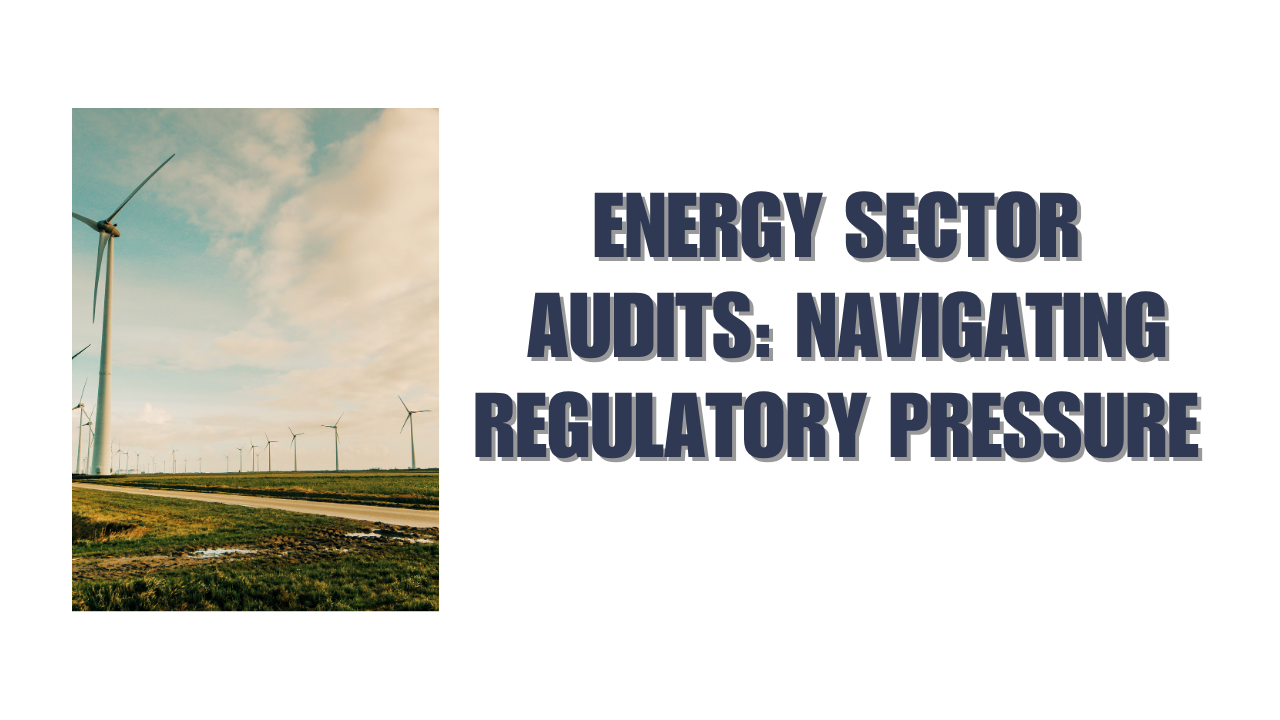Trusts are powerful legal arrangements used for managing property, wealth, or charitable purposes. Whether set up for private wealth planning, asset protection, or public good, trusts handle money that belongs to someone else—often beneficiaries who rely on that money being used responsibly. That’s why a trust audit is essential.
A trust audit involves a professional review of how the trust is being run, how funds are managed, and whether the trustees are fulfilling their duties. It provides reassurance that everything is being done according to the trust deed, the law, and the expectations of those involved.
In this article, we’ll explore what a trust audit is, why it matters, and how it protects everyone involved—from beneficiaries to trustees. Whether you’re a trustee, a settlor, or an accountant supporting a trust, understanding the audit process is crucial to maintaining transparency and trustworthiness.
What Is a Trust Audit and Who Needs One?
A trust audit is an independent examination of the trust’s financial records, transactions, and governance practices. The goal is to ensure that the trust is being managed in accordance with its legal obligations and its founding document—usually called a trust deed. The audit is typically performed by a qualified accountant or auditor with no personal interest in the trust.
A trust audit isn’t just about the numbers. It also reviews the way decisions are made, how trustees manage risks, how conflicts of interest are handled, and whether financial reporting is fair and complete. For example, if a trust distributes income to multiple beneficiaries, the audit will check whether those payments were made accurately and equitably.
Who needs a trust audit? That depends on the trust’s size, purpose, and jurisdiction. In many countries, charitable trusts, family trusts with significant assets, and statutory or court-mandated trusts are required to undergo regular audits. Even when not required by law, some settlors (people who create the trust) include an audit clause in the deed to ensure oversight.
Trusts that handle public money or donations—for example, those managing education or community funds—are often subject to stricter rules. Audits help ensure that these funds are used only for their intended purposes. For private trusts, an audit can still be helpful in protecting the trustees from future disputes or allegations of mismanagement.
Why Trust Audits Matter: More Than Just Compliance
A trust audit is not just a box-ticking exercise. It’s a key safeguard that builds trust in the trust.
When a trust holds significant money or assets, beneficiaries naturally want to know that the trustees are handling everything properly. But unlike in a business, where shareholders can vote or ask for reports, trust beneficiaries often have limited access to day-to-day decisions. An audit fills that gap by giving an objective report on the trust’s financial health and integrity.
Audits also protect trustees. Trustees are personally responsible for managing trust assets and following the terms of the deed. If something goes wrong—like a misused fund, late tax payment, or poor investment decision—trustees can be held legally liable. A regular audit helps identify problems early and shows that the trustees took reasonable steps to meet their obligations.
In complex trusts, like those holding real estate, investment portfolios, or operating across borders, an audit adds an extra layer of professionalism. It can improve record-keeping, highlight inefficient processes, and support better decision-making. It may even help reduce the cost of legal or tax disputes down the road.
In short, trust audits matter because they protect everyone’s interests: the settlor’s wishes, the trustee’s duties, and the beneficiary’s rights.
What’s Included in a Trust Audit?
A trust audit is tailored to the trust’s type, complexity, and purpose—but there are common elements auditors usually examine. It all starts with the trust deed. The auditor will review this document carefully to understand the rules that govern the trust—such as who the beneficiaries are, what distributions are allowed, and what powers the trustees have.
Next, the auditor reviews the financial statements. These include records of income (such as investment earnings, rental income, or donations), expenses (such as payments to beneficiaries, legal fees, or taxes), and the trust’s current assets and liabilities. The auditor checks that these figures are accurate and supported by documents—like bank statements, invoices, and contracts.
The audit also looks at trustee actions. Are minutes of meetings recorded? Are decisions documented and consistent with the deed? Were conflicts of interest declared and handled appropriately? These checks show whether the trust is being run with transparency and care.
Finally, the auditor issues a report. This report gives their professional opinion on whether the financial statements are fair and compliant. It may also include recommendations for improving accounting practices, internal controls, or trustee procedures. For example, if the auditor finds that financial records are being kept manually with no backup, they may suggest moving to accounting software.
Conclusion
A trust audit is an important step in responsible trust management. It’s not just about satisfying legal requirements—it’s about proving to beneficiaries, regulators, and trustees themselves that everything is above board. From verifying compliance with the trust deed to reviewing financial records and governance, the audit is a full-circle check on the trust’s integrity.
For trusts holding significant assets, managing public funds, or facing complex tax and legal issues, an audit is invaluable. It reduces risk, improves decision-making, and gives all parties confidence that the trust is being managed the right way.
Whether required or voluntary, a well-executed trust audit protects both the spirit and the structure of the trust—ensuring that the original intent of the trust is honoured, and its value preserved for the future.
Frequently Asked Questions (FAQ)
1. Is a trust audit the same as an annual financial review?
No. A trust audit is more detailed and provides a higher level of assurance than a financial review. A review only checks that financial statements appear reasonable, while an audit involves deeper testing, verification of records, and evaluation of compliance with the trust deed. Audits are conducted by licensed professionals and are typically required when transparency, regulatory compliance, or legal risk is a concern.
2. When is a trust audit legally required?
Trust audit requirements vary by country and trust type. For example, charitable trusts and statutory trusts are often legally required to undergo regular audits, especially if they handle large sums of money or public funds. In private trusts, audits may be required if specified in the trust deed or requested by beneficiaries. Even if not required, many trusts opt for audits to ensure good governance and prevent disputes.
3. What happens if an audit finds issues in the trust?
If an audit identifies errors, weaknesses, or non-compliance, the auditor will report these in their findings. Depending on the severity, trustees may need to correct the issues, improve processes, or seek legal advice. Common issues include poor record-keeping, unauthorized payments, or unclear decision-making. Acting on audit recommendations promptly not only resolves problems but also strengthens the trust’s operation and safeguards trustees from future liability.






